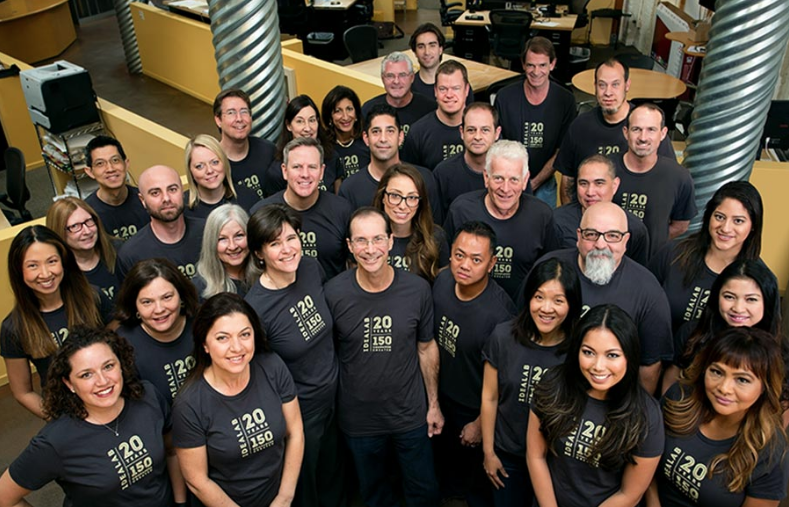Advice From Idealab: Is Your Startup Idea Good or Bad?
How do you tell the difference between a good idea and a bad idea? Aspiring entrepreneurs everywhere grapple with this simple yet puzzling question every single day. The answer, however, isn’t really the issue. The real problem to be addressed is that most entrepreneurs don’t have even a process for discovering which idea, good or bad, they should be spending their time on.
Data Drives Good Decision Making!
Most people understand that good data drives good decision making. Ideally, strong data should always be at the heart of any strategic decision when it comes to creating a startup or business model. However, this notion seems to fly right out of the window when an entrepreneur starts to discuss building a new product or idea. People often miss the fundamental step of information gathering that will help them to answer the biggest, most essential questions before they embark on a project. They don’t talk to potential customers, they don’t talk to potential investors or even spend the time figuring out if what they are building is really going to solve any problem at all. Instead, they put the cart before the horse and spend time and money building things that they aren’t even sure people will need at all – simply because they think it’s a good idea.
Take Your Idea to Your Customer Base First!
From my personal experience as a business development executive at a company that is all about problem solving, good ideas can sometimes seem awful and a laughable idea can often have enormous value. What separates an initial idea from a successful startup company is more often than not the result of solid customer-driven data. If your idea makes your friends and peers chuckle but you float it among your potential customer base and they ask when will it be ready and how they can get their hands on it, it’s probably an innovative idea that is going to be successful. If the opposite occurs – your friends love it but your potential customers are not convinced – it is probably time to head back to the drawing board.
In order for your idea to have the potential to be a success, it needs to fix a real problem that customers would happily pay to solve. Even seemingly small problems, when persistent enough and in a large market, can lead to successful startups but the need must be there and it starts from making sure there are customers behind that need.
Don’t Ask If Your Idea is Good, Prove It.
If you are not in constant contact with your customers, you are likely going to build the wrong thing. So don’t ask people if your idea is a good idea or not – be sure it is a good idea by garnering the data necessary to prove it. If your data supports an undying need for your product or service, you’re well on your way to starting a successful enterprise. And, that’s always a good idea.
Contributed to The Startup Magazine
By Alex Maleki, VP of Business Development at Idealab
and Board Member of Innovate Pasadena

Alex Maleki

